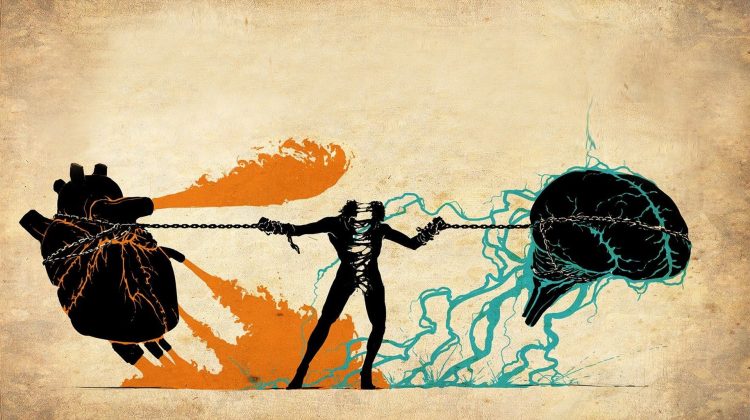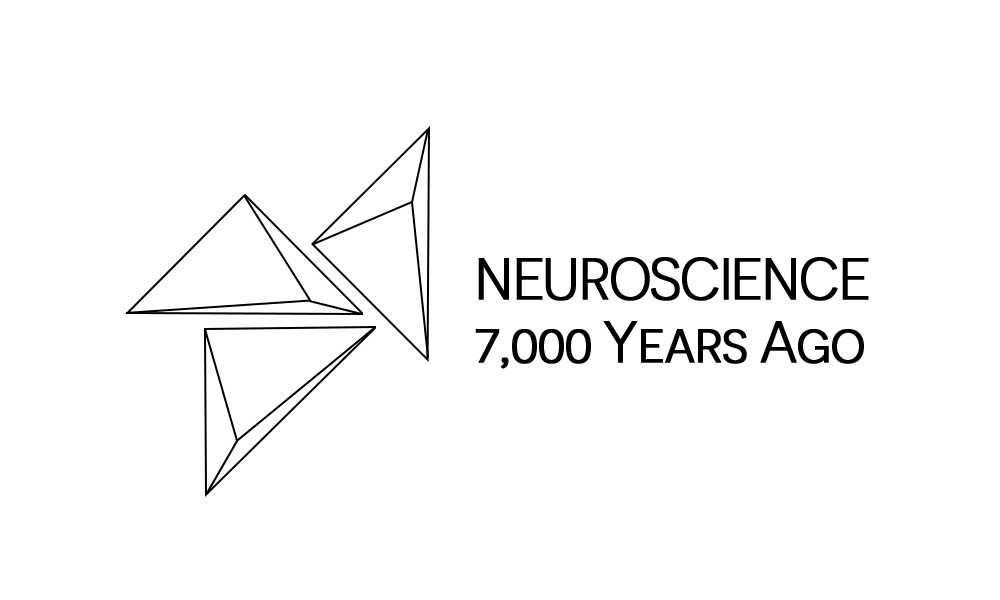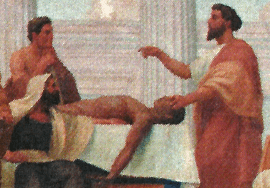
Heart or Brain Debate Still Going On
Before the Erasistratus born in 304 B.C. who attempted to deduce the functions of some parts of the brain by comparing these parts across species. He found that deer, hares, and other fast-running animals have more intricately folded cerebellums than less active animals. His association between the cerebellum and movement might have been the first attempt to link this organ with a specific behavioral function [1]. Erasistratus also had ideas about the superior intellect of humans. He theorized that we humans are smarter than other animals because our cerebral hemispheres have more convolutions than those of the brutes.
Interestingly, Aristotle -before Erasistratus- the greatest natural philosopher of the ancient world. Born in 384 B.C., Aristotle was a student of Plato (who believed in brain supremacy) and served as a tutor for Alexander the Great. He also was an accomplished animal dissector, having worked on some forty-nine species, ranging from elephants to sea urchins [2]. His cardiocentric -The cardiocentric hypothesis was the historical belief that the heart controls sensation, thought, and body movement. Cardiocentrism was first derived from the ancient Egyptian belief that the heart was the house of thought and soul- view was based largely on what he had observed with his eyes and felt with his hands, but it was also rooted in the nuances of Greek metaphysics and in his knowledge of different cultures.
Observations of Aristotle, from where his conclusions come out:
| Heart | Brain | |
| State | Moving and contained blood | Insensitive and bloodless |
| Observation | Sensation and movement were key features of animal life | Primitive animals are capable of movement and sensation but do not have brains |
| Location | Centrally located | Far from the center of the body |
| Temperature | Feels warm | Feels cool |
| Past Civilizations | The heart was recognized as “the acropolis of the body” -Center/Build- by the Egyptians, the mesopotamians, the hebrews, the hindus | No culture he knew of, past or present, had ever looked upon the brain as the organ of Mind |
Yet Aristotle did not completely ignore the brain. In fact, he viewed the brain as the second most important organ in the body. Its role, he believed, was to temper “the heat and seething” of the heart, much like a radiator. Because the cool brain is surrounded by hollow blood vessels, it is perfectly designed for this task. But what about the large size of the brain, especially the cerebrum, relative to body size in humans, the most intelligent of all animals? Humans have huge brains, reasoned Aristotle, because they produce more heat than other animals. The large, cool human brain with its many surface blood vessels provides the right amount of cooling needed by the spirits coming from the warm human heart, ensuring us the most rational of souls.
References:
1 Finger, S.: ‘Minds behind the brain: A history of the pioneers and their discoveries’ (Oxford University Press, 2004. 2004)
2 Gross, C.G.: ‘Aristotle on the brain’, The Neuroscientist, 1995, 1, (4), pp. 245-250








